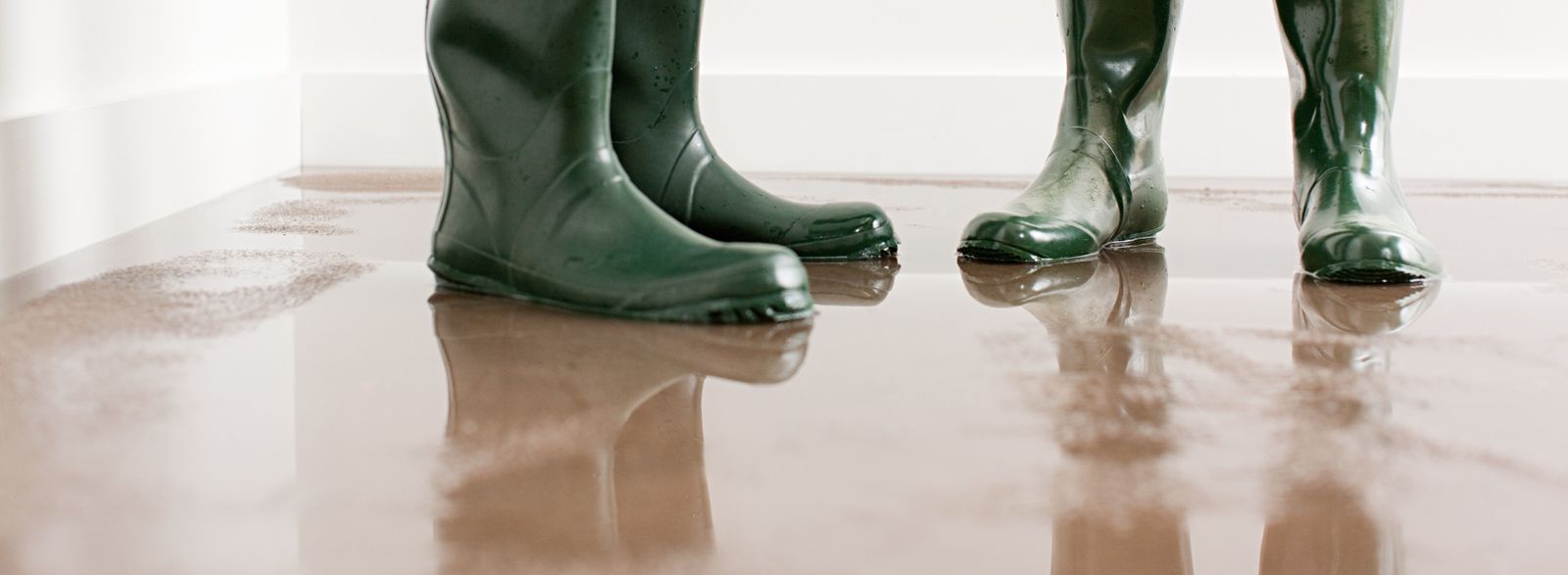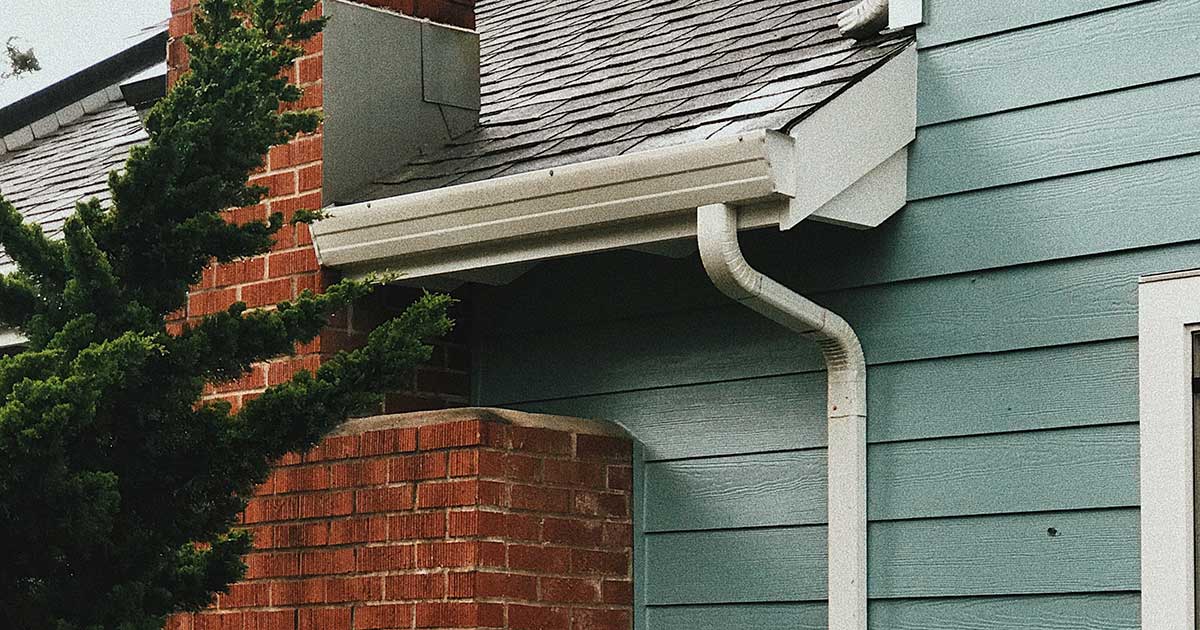We could probably have a lengthy debate on what the worst cause for a flooded basement is. Broken water line? Seepage or flow through the walls or foundation floor — either from surface water sources or by a sanitary or storm sewer backup? Or how about big rains or rapid snow melts in the spring, which we’re willing to bet might be the most common issue around this time of year?
It’s all a matter of perspective. But if there’s one thing we can agree on, it isn’t just that it takes only an inch of water to spell trouble for any home, but surely the urgency of pumping it out as swiftly as possible once the source of the flooding is contained.
For that, look no further than to a trusty sump pump, an appliance we deem as vital to the home as a fridge or furnace.
Installing a sump pump is one of the most effective and least disruptive ways to prevent and control basement flooding. These small pumps are traditionally installed in uniquely constructed sump pits. Water flows into the sump pit via drains or natural water migration through soil. The sump then pumps the water out of the pit, and away from the house so the basement stays dry.
And the good news is that many municipalities, including Toronto and Ottawa, offer major rebates for homeowners to have them installed.
Do we have your attention now? Good, thought so. On that note, here are a few more important questions about sump pumps — answered!!
How does the sump pump actually operate?
Well, thanks to a float activator arm or a pressure sensor, the majority of sump pumps turn on automatically. Then, once the sump pit fills with water, the pump will switch on and start removing surplus water to prevent flooding.
How often do I need to replace my sump pump?
It’s not an exact science, but typically every five years or according to the manufacturer's suggestion. And if you don’t know or aren’t sure about the age of your sump pump, then it’s probably a good time to inspect, clean or outright change it. Incidentally, plastic outer casing makes many of the newer sump pumps easily identifiable.
What are the best sump pumps out there?
For some of top options on the market, we recommend you give strong consideration to manufacturers like Zoeller (70 years of experience means they know a thing or two about what makes for an effective sump pump), Wayne (heavy duty sump pumps that are deceptively rugged), Basement Watchdog (sump pumps built to run nonstop and offer extended warranty), Superior (ideal sump pumps for homeowners who aren’t dealing with huge volumes of groundwater) and Liberty (the workhorse of sump pumps and some of the most attractive price points).
Can you tell me some of the other benefits that a sump pump provides?
Besides preventing a home from flooding, a sump pump will not only help to remove moisture — which can prove a veritable breeding ground for fungus, molds, mildew and the like — but also help stop the rust and corrosion of metal appliances, as well keep wallcoverings and paint from peeling.
If I need a sump pump installed, who am I gonna call?
Jiffy’s got your back. Or should we instead say your feet — and potentially your kneecaps, too — depending on the extent of the flooding?! No, but in all seriousness, just book with us and Jiffy will have someone over as soon as possible.
How will Jiffy’s pros prepare my sump pump for operation?
Whatever the task requires — from finding where the water collects and digging a hole for the sump, to attaching the necessary adapters on the pump, to installing a check valve on the open end of the discharge pipe and channelling water from the pump away from the house — our pros are up for the job.
How much will this sump pump installation cost (and how long will it take)?
While a Jiffy pro will confirm before beginning the job, pricing can range from $450 all the way to $4,000 — depending on what needs the customer and/or property have. As for time, about one to two hours is typical.
Tell me about the rebates...
Glad you asked! In Toronto, the city will reimburse up to 80% of the invoice cost up to a maximum of $1,750. And that’s regardless of the number of devices installed at the property, including eligible labour, materials, permit and taxes. In Ottawa, sump pumps are eligible for a rebate of up to $1,250.





